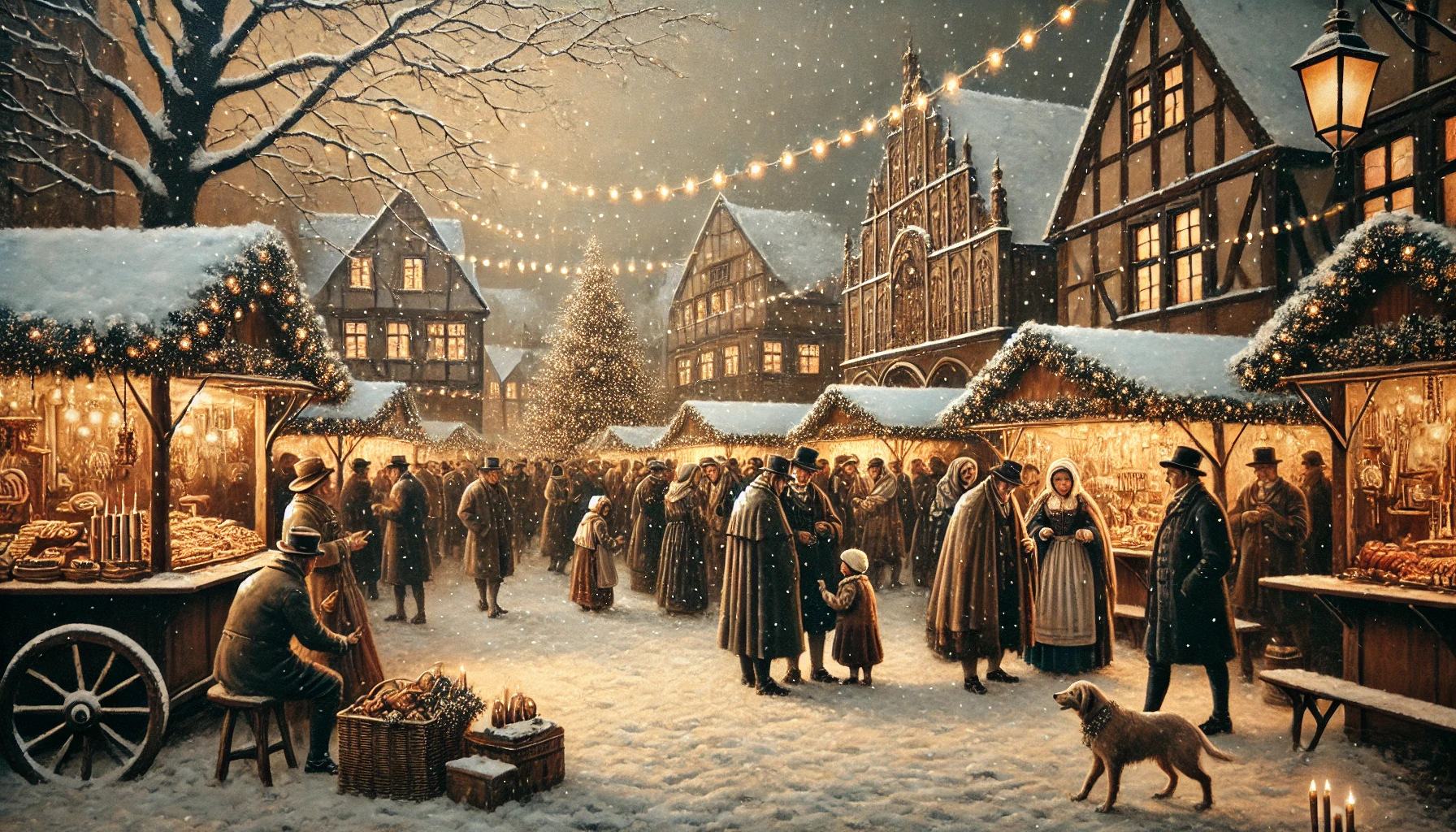Moving to a new country is always an adventure, and Germany, with its rich history, vibrant culture, and strong economy, is a popular destination for expats. Understanding the cultural differences you’ll encounter is key to a smooth transition and enriching experience. Here’s a handy guide to help you prepare for your new life in Germany.
Table of Contents
- Why Is Understanding Cultural Differences Important?
- What Are the Key Aspects of German Communication Style?
- How Does the German Work Culture Differ?
- What Social Etiquette Should You Be Aware Of?
- What Are the German Traditions and Celebrations You Should Know About?
- How to Embrace the German Lifestyle?
Why Is Understanding Cultural Differences Important?
Adjusting to a new culture can be challenging but rewarding. Recognizing and respecting cultural differences will help you integrate more smoothly, build relationships, avoid misunderstandings and help you feel more comfortable in your new home.
It’s about appreciating a different way of life and enriching your own experience.

What Are the Key Aspects of German Communication Style?
Germans are known for their direct and straightforward communication. They value honesty and clarity, which can sometimes come across as blunt to those from more indirect cultures. It’s important to appreciate this as a form of respect rather than rudeness.
However, there is also an important etiquette of politeness; For example, it is considered rude to address people that you do not know, or are your seniors, by their first names or by addressing them as “Du” instead of “Sie”.
For more insights, visit Just Landed - Culture.
How Does the German Work Culture Differ?
German work culture emphasizes efficiency, precision, and discipline. Punctuality and thorough preparation are highly valued. Traditionally, being punctual means, you arrive 10-15min before an appointment. Hierarchies are respected, but collaboration and teamwork are also important. Rules and protocols are often highly valued.
However, how important the above values are can vary somewhat depending on the company culture, the median age of the employees and the industry it operates in. Understanding these dynamics can help you navigate the workplace more effectively.

What Social Etiquette Should You Be Aware Of?
Social interactions in Germany can be quite formal, especially when you first meet someone. Titles and last names are commonly used until a closer relationship is established. It’s also customary to shake hands when greeting and saying goodbye. Hugs and cheek kisses are reserved for close friends and family.
When having over visitors it is customary to offer them food and drinks. When being a guest it can be considered rude to decline food and drinks, as well as leaving leftovers. Do not hesitate to eat the last piece of cake or grab the last pastry!
It is also important to be aware of “Ruhestunden” which are “times of rest and silence”, during which it is technically forbidden to do any kind of noisy activities such as yard work or hanging up the picture frame you just bought. Loud music also counts as breaking the “Ruhe”.
The “Ruhestunden” are: Every day from 10pm to 7am. The entirety of Sunday and bank holidays.
(Breaking the Ruhestunden can result in fines up to €5000)
There is also the concept of "Mittagsruhe" (this is not enforced by law), which covers the lunch hour of 12pm -1pm. Here is it socially frowned upon to be noisy as people would like to enjoy their lunch in peace.
Understanding these social norms can help you make a good impression and prevent conflicts with your neighbours.
For more etiquette guidelines, check out Expatica - German Etiquette.
What Are the German Traditions and Celebrations You Should Know About?
Germany has a rich tapestry of traditions and celebrations, from Oktoberfest in Munich to the Christmas markets across the country. Carnival in the western Ruhrgebiet (Cologne, Düsseldorf), Schützenfeste in the south and many more.
As a predominately Christian country, most Christian celebrations are bank holidays.
An important, non-religious holiday is the Day of German Unity (Tag der Deutschen Einheit), which celebrates the reunification of western and eastern Germany of 1990.
As paradoxical as it may sound to people from other cultures, but it is customary to bring cake or pastries to the workplace on your birthday.
A typical German tradition is the concept of the 4pm “Kaffee und Kuchen” which is an afternoon break during which you have coffee and cake or pastries together with friends and/or family. However, this tradition isn’t compatible with typical 9-5 jobs and therefore either practiced in the weekends or not at all. Younger generations tend to largely forego this tradition.
Participating in these events is a great way to immerse yourself in the local culture and meet new people. Familiarize yourself with the major holidays and regional festivities to fully enjoy your time in Germany.
Visit Expatrio for a comprehensive list of German holidays.

How to Embrace the German Lifestyle?
Germans enjoy a balanced lifestyle with a strong emphasis on leisure activities. Whether it’s exploring the great outdoors, visiting museums, or enjoying local cuisine, there’s always something to do.
Work-life balance is an important concept in German culture and unless there is an emergency it is not expected of workers to do overtime or be available after working hours.
Hiking and walks are popular German past times. It is largely customary to go on a walk after a meal for example.
Germans enjoy bike riding, however not so much as a form of transportation and rather as a leisure or exercise activity.
For more lifestyle tips, visit Expatica - Lifestyle.
Conclusion
Moving to Germany can be a rewarding experience filled with new opportunities and adventures. The people may seem cold, uptight and blunt at first, but once you get to know them they show themselves to be the opposite.
Germans, like their language, have a lot of rules because they want to avoid misunderstandings and have everything run smoothly, which can seem overbearing to newcomers, but once you get used to it you will value the efficiency.
We trust you feel more prepared for your expat journey to Germany. Keep an eye on this blog for more insider information about expat life in the land of chocolate, beer and potatoes.
Willkommen in Deutschland!





